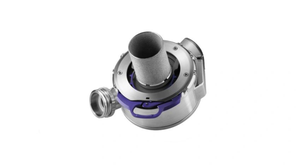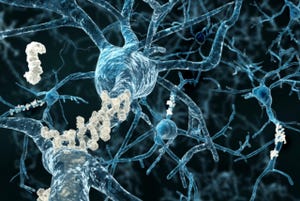This Week in Devices [ 11/30/2012 ]: Prosthetics Present Challenges and InnovationThis Week in Devices [ 11/20/2012 ]: Mind-controlled robotic arms are coming in 2013. A soldier shares the challenges of having a prosthetic. Patients want access to the data from their heart devices. A museum builds a space for biohacking.
November 30, 2012
Heart Devices Test Privacy Laws
While U.S. privacy laws guarantee patients access to medical records, no such laws exist for the information generated by medical implants. Data is sent to doctors and hospitals, but patients are being left in the dark. With private companies like Medtronic pushing to turn the collected data into a revenue stream, patients and patient advocates are fighting back, demanding access to their healthcare data [Wall Street Journal]
The Challenge of Having a Prosthetic Arm
We always hear about prosthetic limbs, but rarely do we hear about the challenges associated with them, both for surgeons and manufacturers as well as the patients themselves. The New York Times features a profile of Cpl. Sebastian Gallegos, an Iraq veteran, and his journey in learning to master his new prosthetic arm. He recently underwent a pioneering new type of surgery designed to make it easier to control his $110,000 prosthetic arm.
[NYTimes]
Museum to Build Biohacking Space
The Medical Museion in Copenhagen is undergoing a project to open up its space for body hackers. The project, “From Kitchen Sink to Museum: Doing and Debating Synthetic Biology,” will be made in collaboration with biohackers from the Copenhagen “maker space” Labitat. The museum has invited the biohackers to use the museum space as a laboratory where workshops and events will take place, thereby communicating concepts of biohacking. [Medical Museion]
Mind-Controlled Robotic Limbs Coming in 2013?
A group of volunteers is set to receive a new kind of prosthetic limb early next year. These new prosthetics will implant electrodes directly onto the amputee patients' bones and nerves allowing them to control robotic arm prosthetics with their minds. [Wired]
You May Also Like


